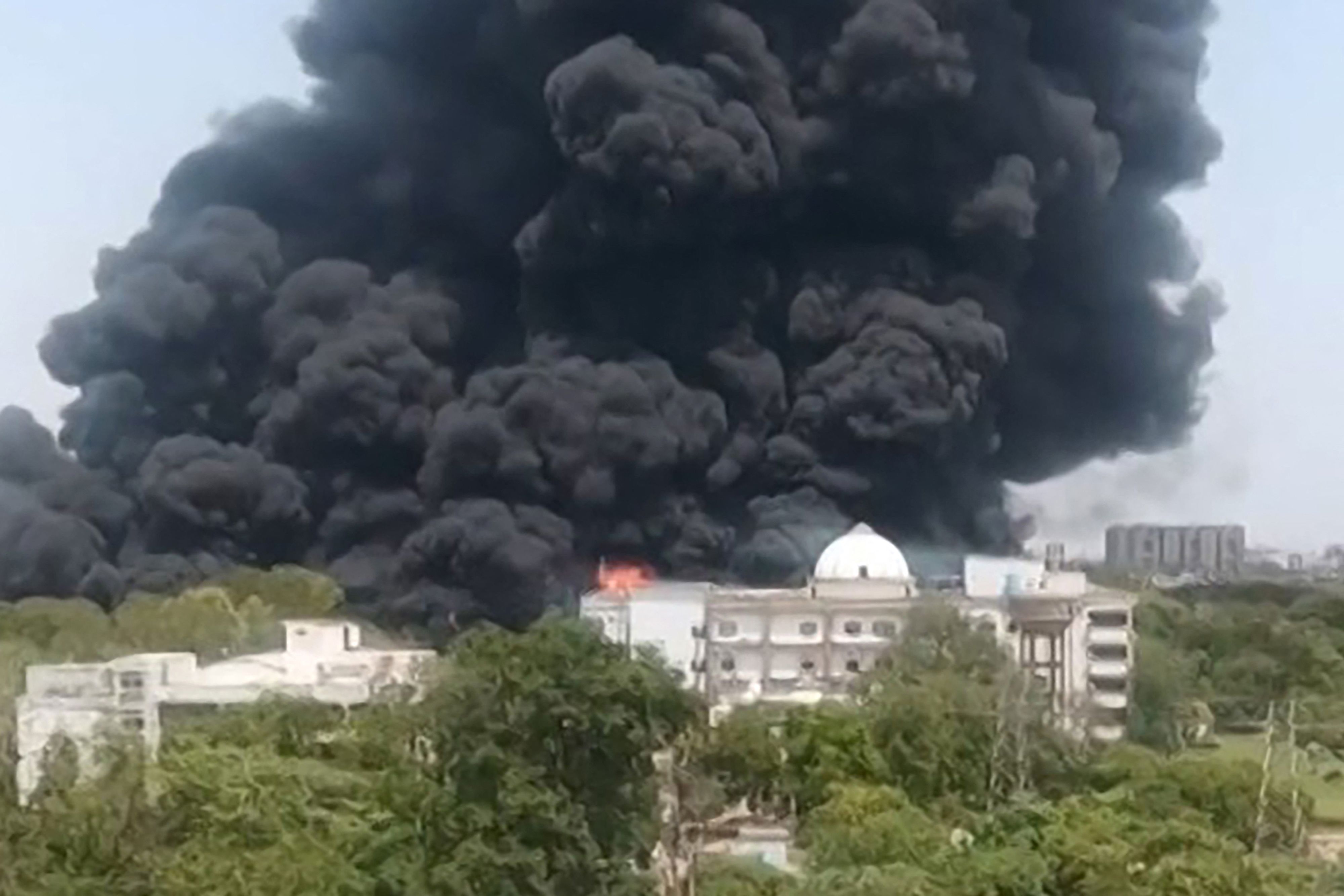Nearby ships including six navy vessels successfully scrambled to evacuate a salvage crew from the crippled Rena, which shifted position on the reef it hit last Wednesday after being pounded by five-metre (16.5-foot) swells.[break]
Maritime New Zealand (MNZ) said another 130-350 tonnes of oil had leaked into the Bay of Plenty, escalating the crisis created when the the Rena first crashed, releasing 20 tonnes which has already fouled beaches in the area.
MNZ said one of the Rena´s four fuel tanks had ruptured but was unable to say if it was in the ship´s stern, where most of the oil is stored, or the largely empty tanks in the front, which has sustained the most damage.
"There are four main tanks in the ship and it´s one of those tanks that is leaking," an MNZ spokeswoman said, describing the latest spill as "significant".
Officials have warned New Zealand faces its worst maritime pollution disaster in decades if the Rena breaks up on the reef, releasing all 1,700 tonnes of heavy fuel oil aboard into the environmentally sensitive bay.
MNZ director Catherine Taylor said the Liberian-flagged vessel appeared stable but "the weather forecast is not good" and the 36-strong salvage crew was evacuated as a precaution.

"Things are changing all the time, the weather has not worked for us, it´s worked against us and we´re being precautionary and ensuring we keep people safe first," she said.
MNZ said the ship sustained further damage to the front of its hull in the rough seas and additional flooding in its forward holds, but it said this might help to stabilise the ship, preventing it moving around on the reef.
"They´re not thinking that the vessel is going to break up at this time. They´re aware it´s resettling into a new equilibrium," MNZ salvage unit manager Bruce Anderson told reporters.
Covers have been installed on the ship´s fuel tanks in an attempt to limit leakage if the Rena ends up on the sea bed.
The drama at the accident site, 22 kilometres (14 miles) offshore, came as clean-up efforts were underway on Bay of Plenty beaches where blobs of tar-like oil that locals said resembled "black jellyfish" began to wash up on Monday.
Taylor said more oil was expected to leak from the vessel and further shoreline pollution was inevitable.
Authorities say the spill has already killed a number of sea birds, and that small numbers of Little Blue penguins have been treated after being found covered in oil.
But local residents said they had collected large numbers of dead birds and fish on beaches and a wildlife rescue centre said it expected to reach its capacity of 500 birds in coming days.
Conservation group World Wildlife Fund (WWF) said the Bay of Plenty environment -- home to a whales, dolphins, penguins seals and rare sea birds -- faced a potential catastrophe.
"We are deeply concerned about the threat this oil poses to our marine wildlife, especially seabirds and dolphins," WWF NZ marine programme manager Rebecca Bird said.
"The next 24-48 hours are pivotal if an environmental catastrophe is to be averted."
Authorities have warned residents to stay away from the viscous sludge, describing it as toxic, but many have ignored the advice and formed their own clean-up teams, donning rubber gloves and shovelling the oil into plastic bags.
Some 250 people, including specialists from Australia, Britain, Holland and Singapore, have joined the oil slick response team, with 300 defence personnel on standby to help with the shoreline clean-up.
Transport Minister Steven Joyce said on Monday that oil was likely to be washing up on the coast for weeks to come.
Fuel to Air India jet engines cut off moments before crash: pro...







































